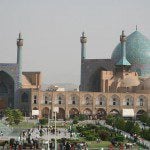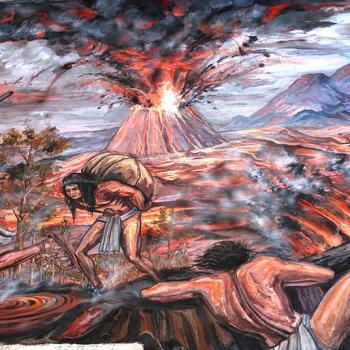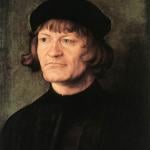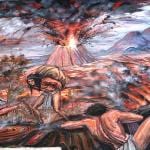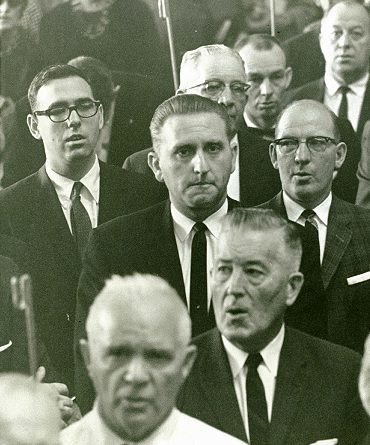
I won’t pretend to have socialized with him on a regular basis; there are, I would guess, thousands of Latter-day Saints who had more and closer personal contact with Thomas S. Monson than I did. Still, I had a few memorable encounters with him, and I’ll share a couple here.
I first met him when he came to Switzerland, roughly halfway through my mission there. He was a member of the Council of the Twelve at the time. My companion and I took the train up from Interlaken for a mission conference in Zürich, where he spoke to all of us.
At one point during our meeting, he had each of the missionaries stand up and introduce himself or herself. He asked that each missionary identify his or her home stake as part of the introduction. In every case but one or two, then-Elder Monson named the president of the missionary’s stake and said something personal about him. In my case, when I indicated that I had been sent from the Los Angeles California East Stake, he correctly named my president as “Bill Perkes,” adding that he was “a great duck hunter.” Now, I had (and have) no idea whether President Perkes was a great duck hunter. But I assume that he was. And I was amazed that Elder Monson could identify him. Even then, there were hundreds of stakes in the Church, and stake presidents were continually being called and released. Many people have remarked on President Monson’s astonishing memory, which I suspect, both reflected and undergirded his famously deep and benevolent interest in individual people. I saw it in action that day and have never forgotten it.
Another encounter came much more recently, not too long before he assumed the presidency of the Church, toward the end of the period when he was serving as first counselor to President Gordon B. Hinckley in the First Presidency.
With two other people from BYU (one of whom is now a high-ranking member of the Seventy), I had been invited to speak on Islam at Church headquarters to a group that eventually came to include not only the Twelve, the presidency of the Seventy, and a number of other General Authorities, but — almost at the last moment — the First Presidency, as well.
My colleagues and I arrived a few minutes early to get organized and settled, and General Authorities began to arrive. Most of them introduced themselves to us, and several had something kind and/or funny and/or reassuring to say. President Monson was among the early arrivals. He walked in and looked over the arrangement of the room. (I was told afterwards by one of the Twelve that this was the first time that the First Presidency had ever chosen to attend one of these meetings.) There were three chairs for us, behind a kind of table or desk. Facing us was a semicircular table with fifteen chairs placed at it, and beyond those fifteen chairs were several other rows of seats.
He looked at the arrangement, and then he looked at me. “Well,” he said with a broad grin. “This looks like a Senate hearing room — and you’re in trouble!”
I was a marginally active child, with a marginally active mother and a non-member father, when President Monson was called into the Twelve. I was paying no attention, so I don’t remember a time when he wasn’t an apostle. Now, for the first time, we will have a president of the Church whose entry into the ranks of the General Authorities I do remember (and clearly). It marks something of a minor new era for me, and is, along the way, a reminder of how very, very old I’ve become.



